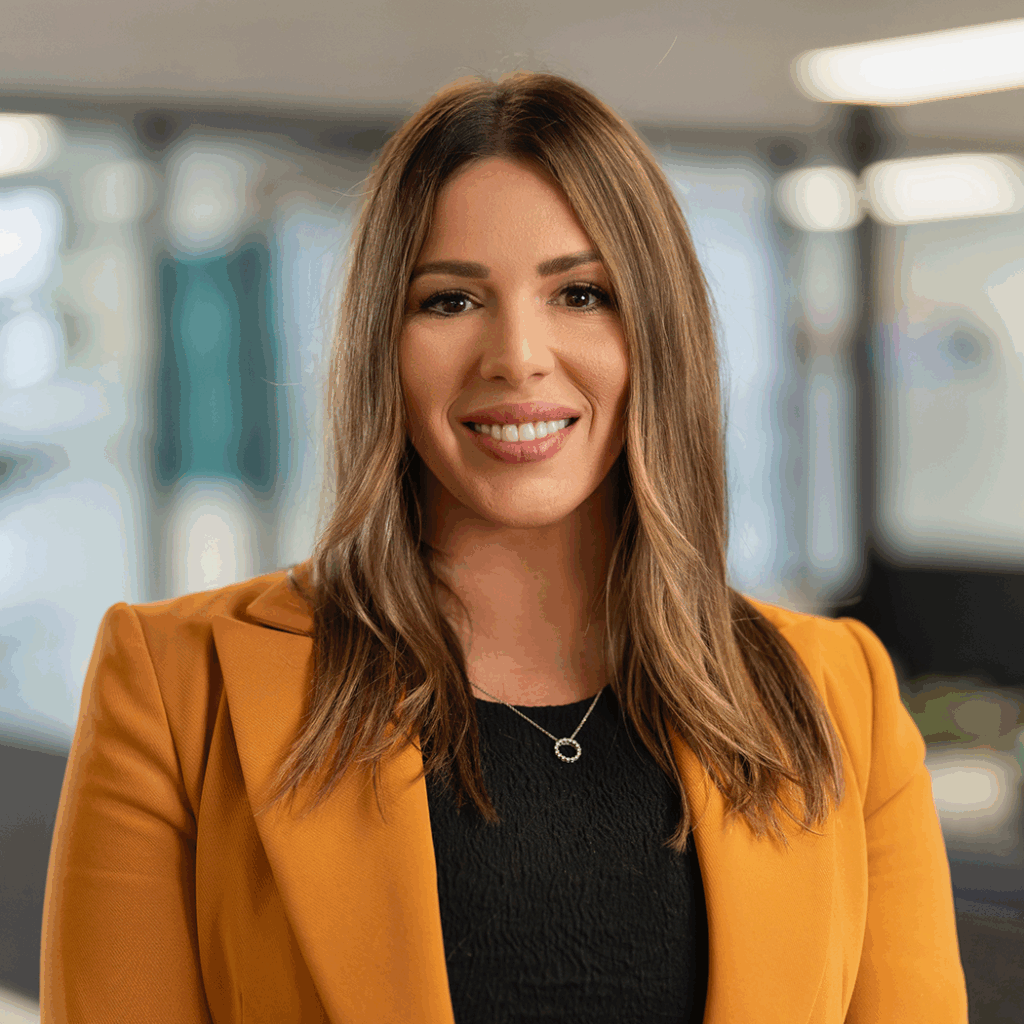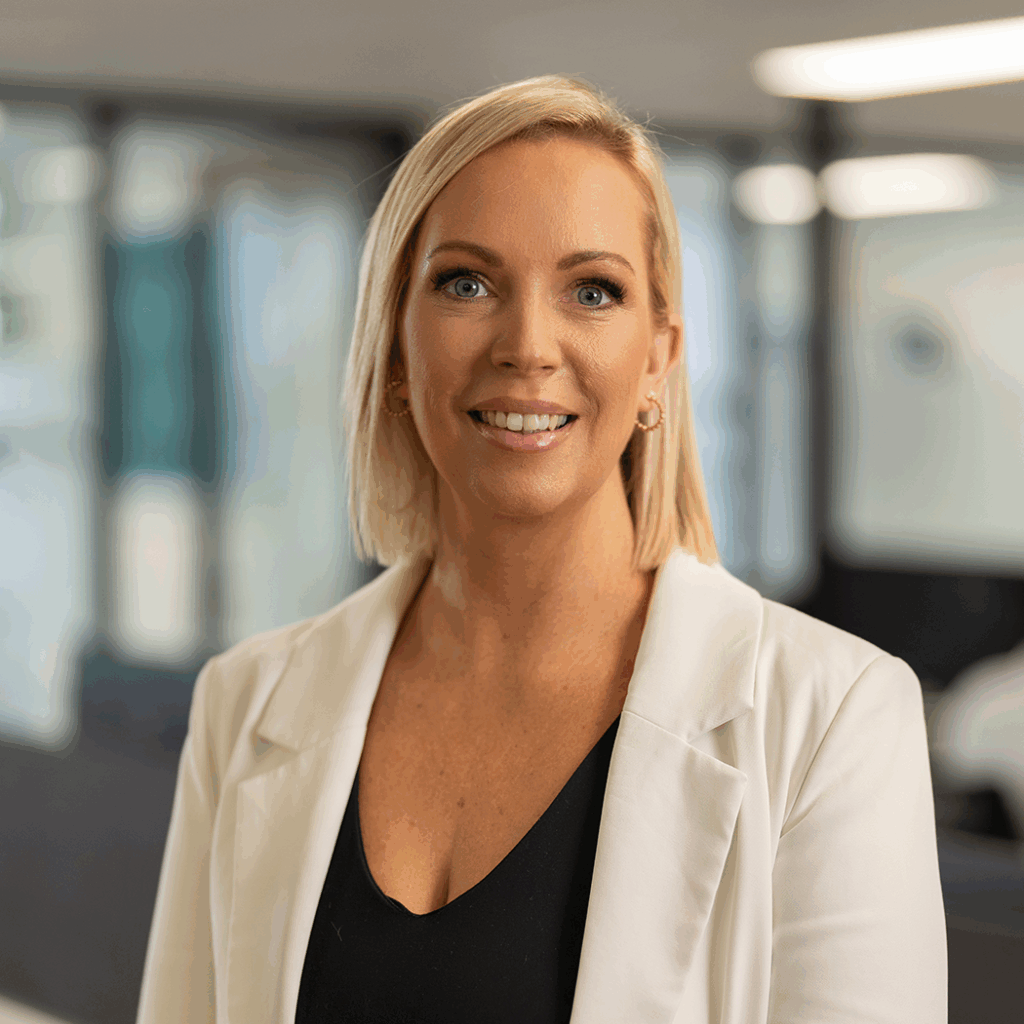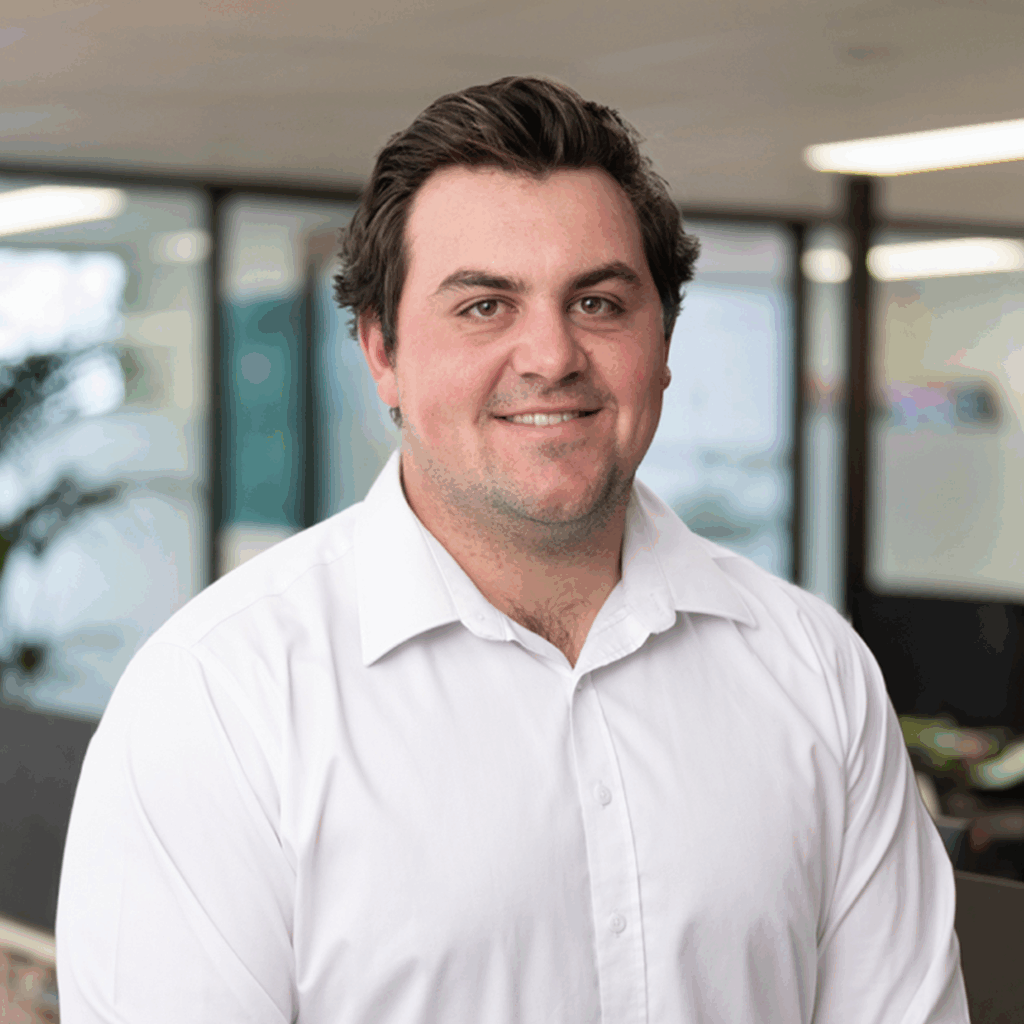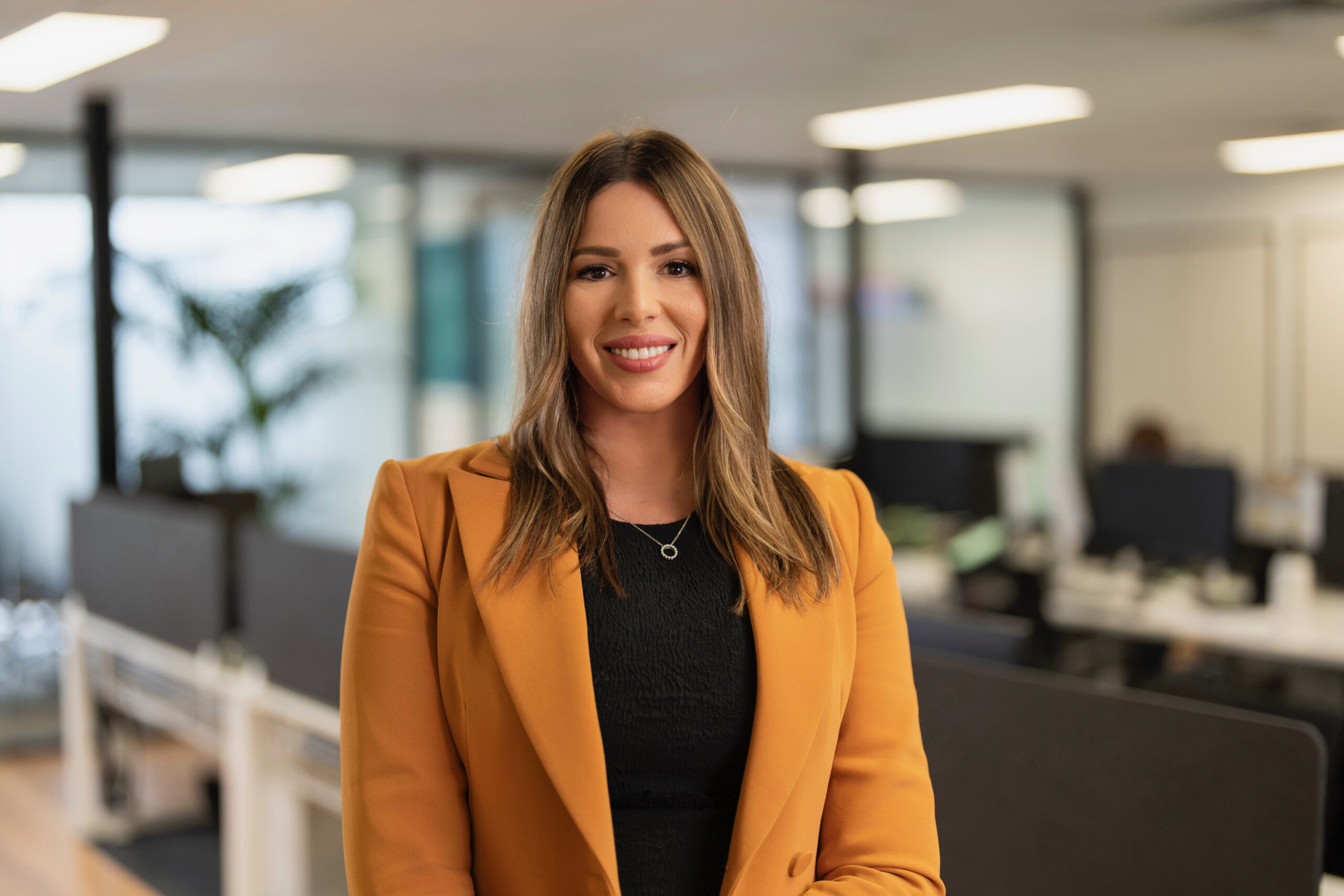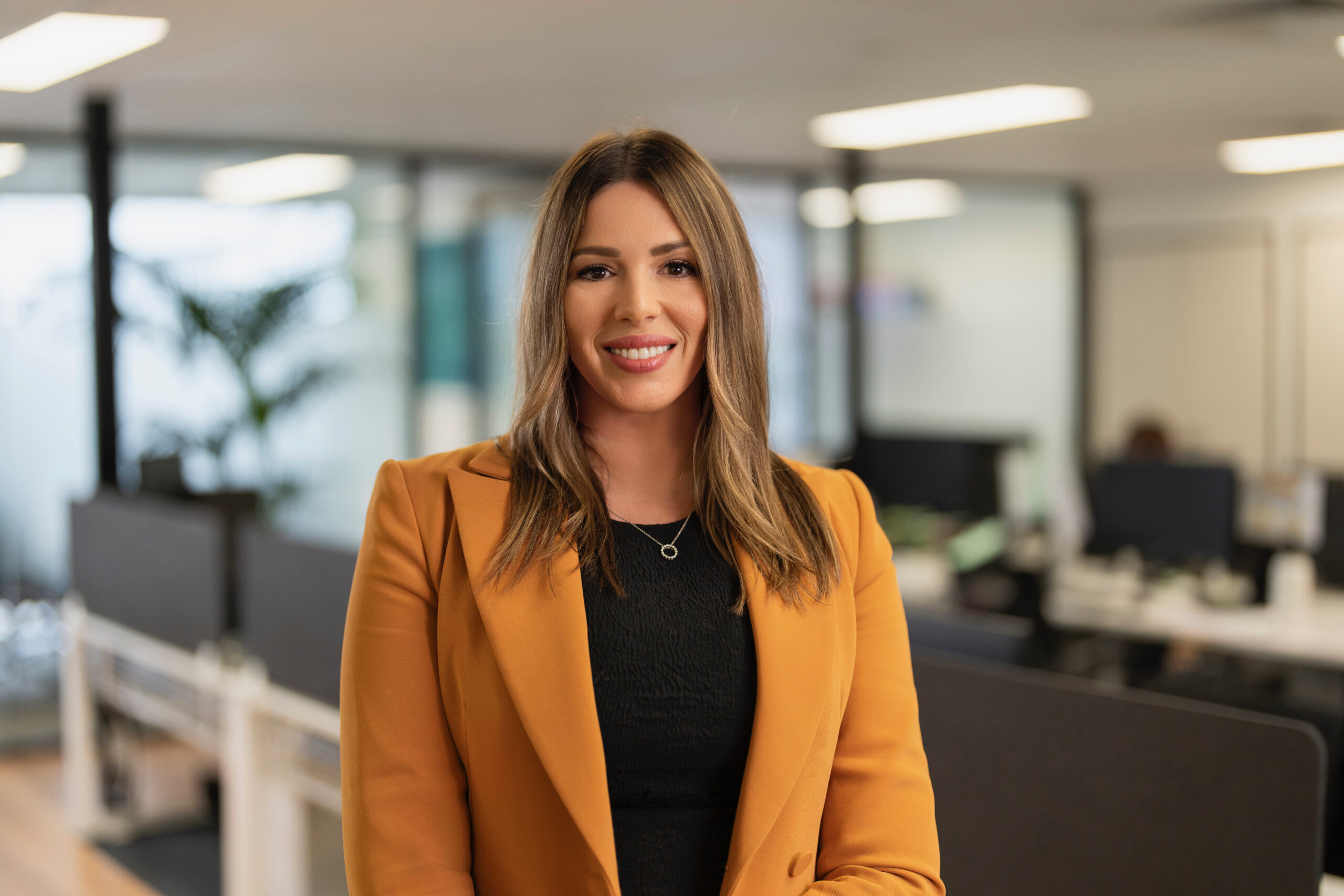Your loan is going to be a major commitment in your life. We are committed to making your search and application process as simple as it can be.
Whether you’re buying your first home, upgrading, refinancing or investing, securing the right loan isn’t just about the best interest rate, it’s about supporting your overall financial plan and receiving dedicated service from start to finish.
Our brokers are among the best in the business. They offer personalised service, and are committed to being only a phone call away through one of the biggest investments of your life. They are dedicated to getting you the best possible home loan from a huge number of lenders and available mortgage products.
If you’ve ever wished you had someone who could do the hard work for you, negotiate a better deal on your behalf, and guide you through the process so you didn’t have to spend another minute worrying: look no further.
Just as important, if you’re looking to integrate it with your overall financial situation, our financial advisors can work closely with your mortgage broker to make sure everything fits together. We leave no stone unturned to get you to your optimum financial position.
And because we work for you – not the bank – our only focus is finding the best outcome for your life and your goals.



